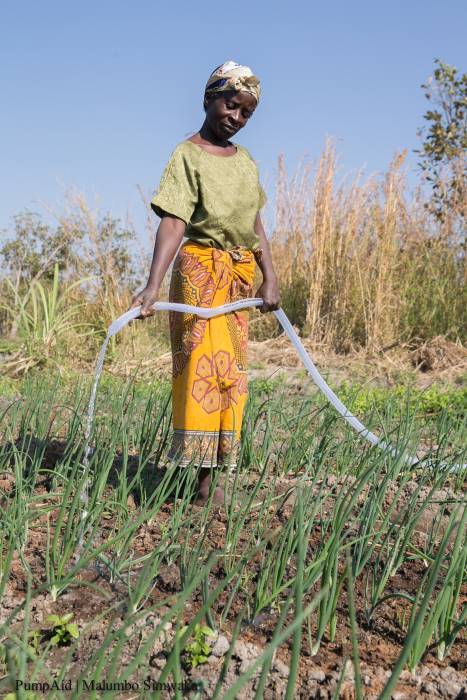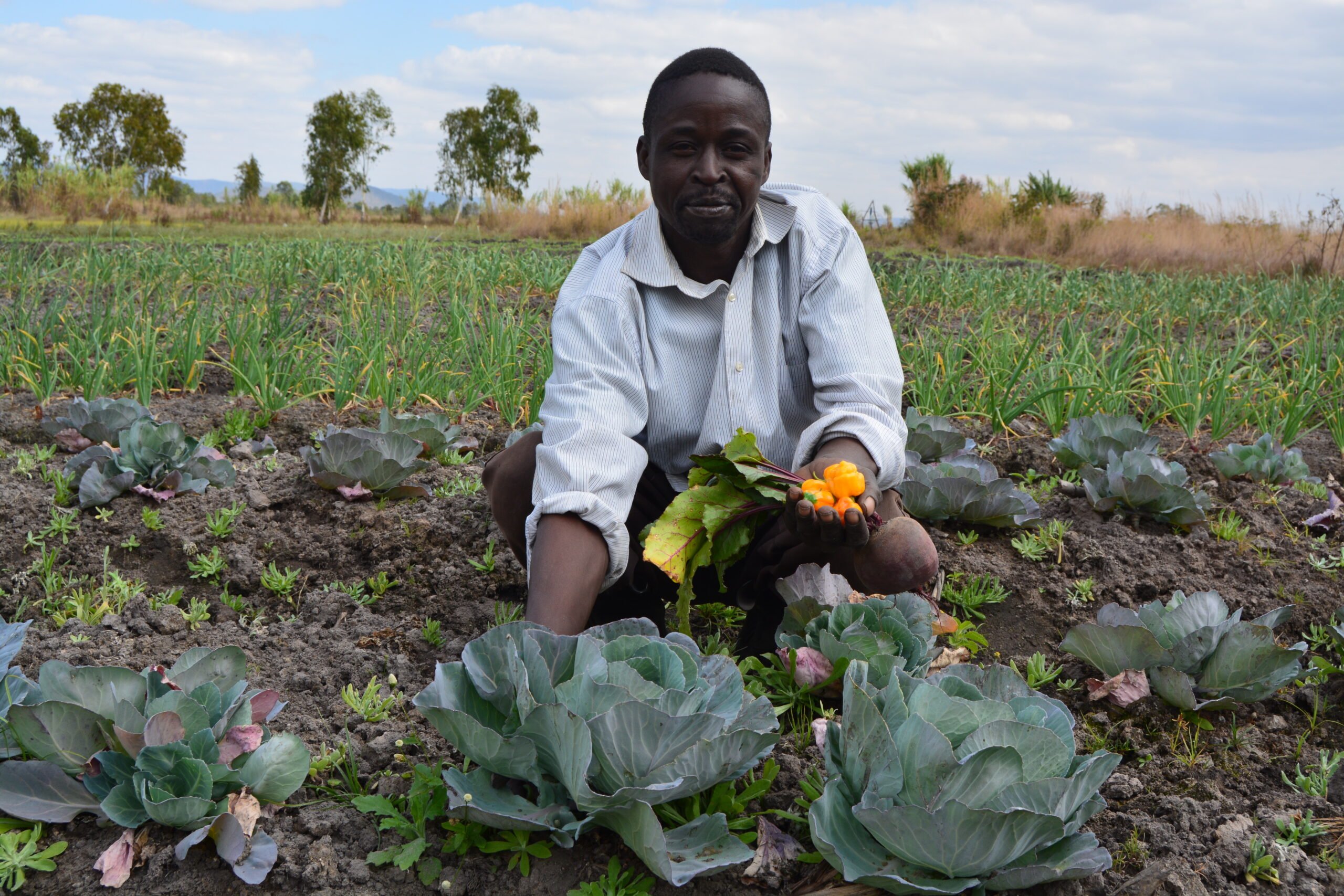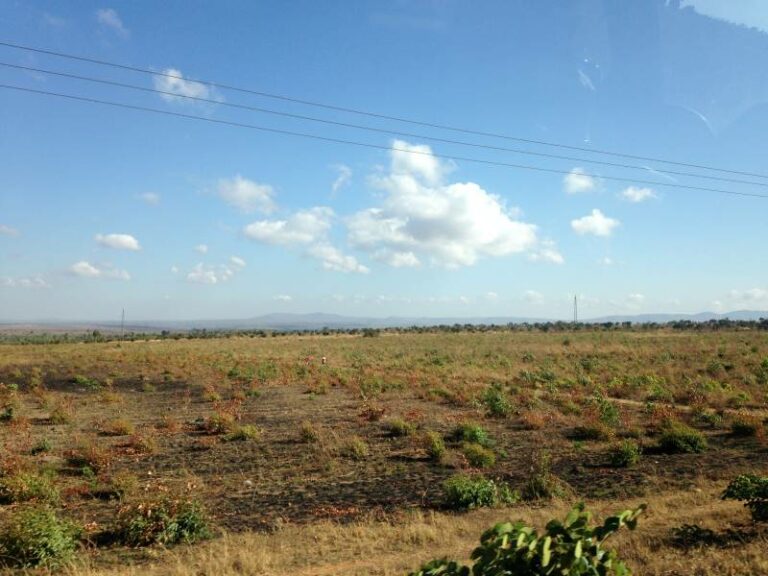The impact of irrigation on food security
The cost of living is on the rise worldwide, affecting supply chains and households alike. The impact of this crisis is having wide-reaching effects on some of the world’s poorest populations, including rural communities. Fuel inflation is pushing up the price of basic inputs such as seed and fertiliser, and for Malawi’s small-scale farmers, this affects their ability to cultivate food for survival. But irrigation could greatly impact food security in Malawi, improving self-sufficiency and helping them to mitigate against additional challenges of climate change.
Most food requires transportation to reach Malawian customers, so even people who do not travel by vehicles to obtain their goods will experience the impacts of rising fuel costs.
Vicky Brown Varela, FoodTank
Even in the best of times, life is precarious for Malawi’s small-scale farmers. Among one of the poorest countries in the world, around half of the population live below the international poverty line.
Subsistence farming
Subsistence farming – the act of raising crops for one’s own consumption and survival – is common in southern Africa. In Malawi, 85% of the population are reliant on small-scale agriculture. But only a very small minority of farmers use irrigation.
This impacts food security, as farmers are reliant on a climate that has a 6 month-long dry season. As a result, farmers cannot cultivate crops for half of the year.

This is especially difficult for subsistence farmers, who cultivate crops for their own consumption and survival. As well as this, many farmers have entire villages relying on them for produce.
Six months of no harvest can be harmful to the diet, health and livelihoods of farmers as well as the communities that rely on them. That contributes to a high rate of underdevelopment in Malawi’s children. 42% of under 5s in Malawi experience stunting due to malnutrition.
Food security and The impact of irrigation
But there is a solution. The impact of irrigation on food security is significant, allowing farmers to utilise the plentiful reserves of groundwater in Malawi to harvest all year round. Our low-cost, easy to use irrigation pump means they can irrigate a plot of up to one acre with ease. After investing in the pump, farmers are able to see the benefits in their first year.
The act of investing in and owning the pump means that the farmer is in control, making the initiative sustainable, as people look after their assets.

Inflation and the rising costs of fuel will put pressure on rural Malawians. Communities as well as families will be relying on subsistence farmers to provide them with food, and irrigation is the answer.
We are now not limited to the type of plants we have to grow; like from September, we planted tomatoes, maize and vegetables, something that was not possible in the past. From the various crops, you can see that there is better hope for more yield than before.
– Maggie Samson Lihaka, small-scale farmer
The impact of irrigation farming on food security is incredibly promising. That’s why we offer a low-cost, easy to use irrigation pumps for farmers. After investing in the pump, farmers increase their crop turnover by more than 100% in their first year, allowing them to sell surplus for profit. This means that rural and under-served communities can flourish, even in the face of economic and climate challenges.







